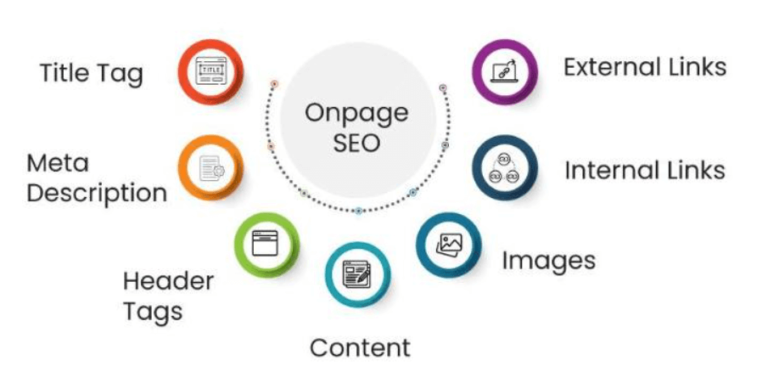Choosing the Right Path: Inpatient or Outpatient Addiction Recovery
When someone decides to seek help for substance use, one of the first questions they face is what kind of care they need. Both inpatient and outpatient programs offer support, structure, and tools for recovery. But they are built differently, and each has its own benefits depending on a person’s needs. Before jumping in, it helps to understand what separates these two options. At the heart of both lies the goal of long-term recovery through effective addiction treatment.
Inpatient residential addiction treatment is what many people imagine when they think of rehab. You stay at a facility 24/7. This setting offers full-time medical care, structured schedules, and a break from daily triggers. For people who have been using heavily or for a long time, this kind of care gives them space to focus only on recovery. Addiction treatment in an inpatient center often begins with detox and then shifts into therapy, wellness activities, and group sessions. For those seeking a higher-end experience, a Beverly Hills rehab often provides luxurious amenities alongside these comprehensive treatment programs to support a comfortable and effective recovery journey.
On the other hand, outpatient addiction treatment allows you to live at home. You attend therapy sessions and support meetings during the day or evening. This works well for people with mild to moderate addiction who have strong support at home. They can keep working, going to school, or caring for family while still getting help. Addiction treatment in an outpatient setup offers flexibility without losing access to trained counselors and group support.
One of the biggest differences between inpatient and outpatient care is the level of supervision. Inpatient addiction treatment provides round-the-clock care. Nurses and doctors are nearby to help with withdrawal symptoms or emotional struggles. That kind of constant support is important when someone is at risk of relapse or dealing with intense cravings. Outpatient care does not offer the same supervision, so it relies more on your ability to stay on track outside of therapy hours.
See also: Top Reasons to Choose Complete Health Dentistry SoCal as Your Dentist in Poway, CA
Another key difference is cost. Inpatient addiction treatment is more expensive because it includes housing, meals, medical care, and staff. But insurance sometimes covers part or all of it. Outpatient care is usually more affordable since you are not paying for a place to stay. This makes it a better option for people with financial limitations, as long as their condition is stable enough for this kind of care.
Addiction treatment in both formats includes therapy, education, and peer support. But the intensity is different. Inpatient programs often pack several hours of therapy and group work into each day. Outpatient programs spread this work over several weeks or months. The slower pace gives you time to apply what you learn in your daily life. That real-world experience can help some people build strong, lasting habits.
If you are unsure which path to take, consider your environment. Is your home supportive, or filled with stress and triggers? Do you have transportation to get to appointments? How stable is your physical and mental health? These questions matter. Addiction treatment is not one-size-fits-all. The right choice depends on your unique situation and what kind of structure you need to heal.
No matter which path you choose, the goal stays the same. Addiction treatment is about giving your brain and body a chance to reset. It is about learning new ways to cope, connect, and stay sober. Whether you are in a clinic day and night or attending a few sessions each week, what matters most is your commitment to recovery.
Some people start with inpatient care and later shift to outpatient support. Others begin outpatient treatment and step up to inpatient if they need more help. Both paths are valid, and both can lead to success. The key is to stay honest with yourself and reach out when you need more support.
Addiction treatment should feel like a lifeline, not a punishment. It is a chance to rebuild, recharge, and rediscover who you are without substances. Whether you heal in a center or from home, what matters most is taking that first step. Recovery is possible, and it starts with the right kind of help.






